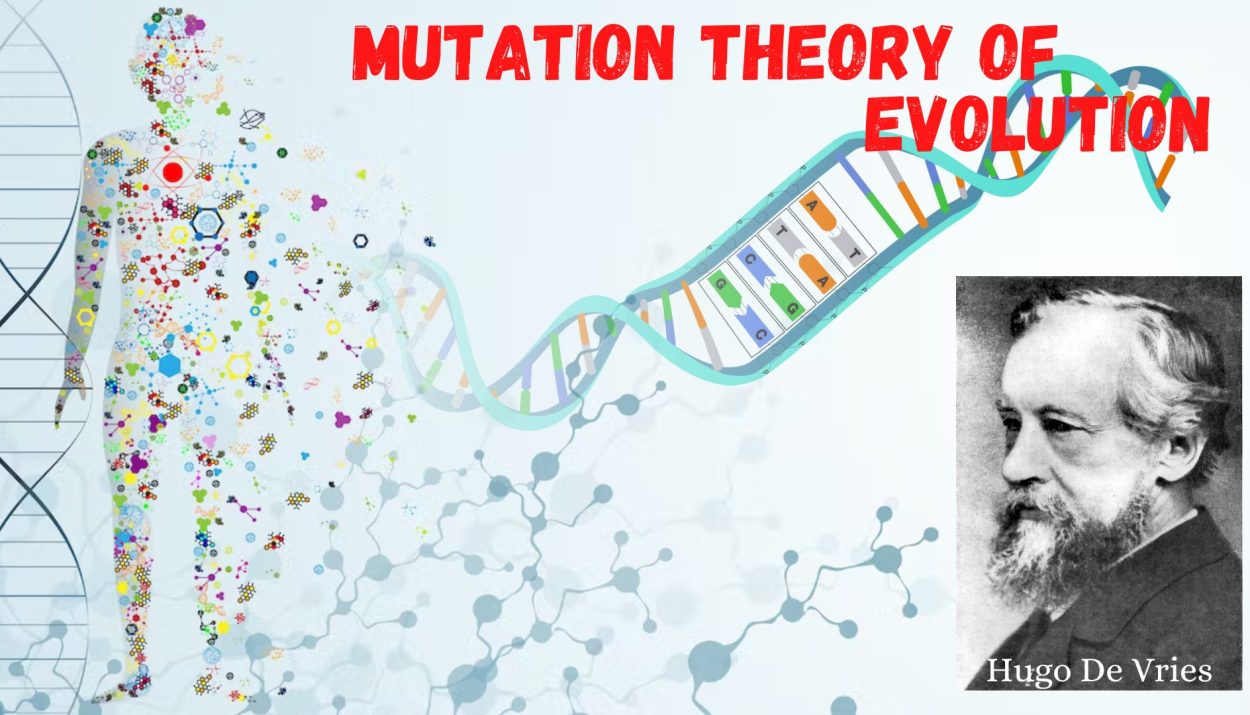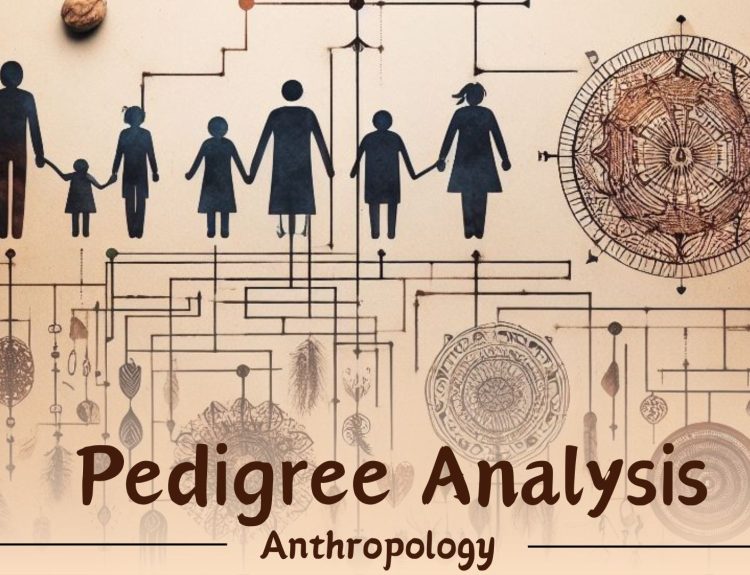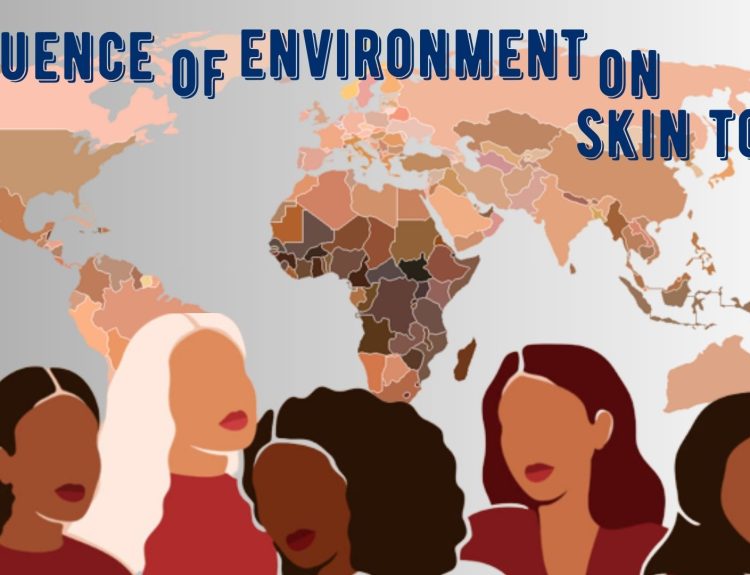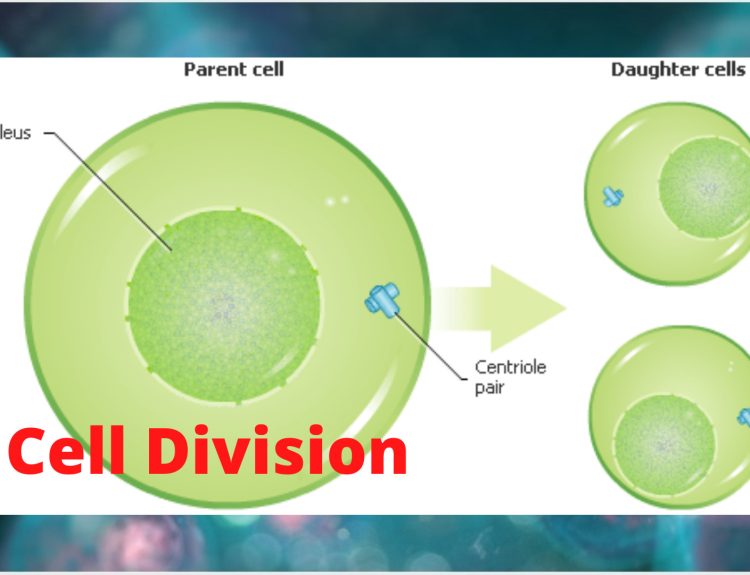The mutation theory of evolution was given by Hugo De Vries in 1901. He was a Dutch botanist and geneticist. He suggested the concept of genes. He was one of the scientists who rediscovered Mendel’s work. He was working on the Evening Primrose (Oenothera lamarckiana) plant and based on his experiment he coined the term mutation.

Evolution is the change of a gene pool over time, thus affecting the traits and survival of the individuals in a population. It is the process by which species adapt over time in response to their changing environment (national geography).
What is mutation?
A mutation is a sudden and unexpected change in the genetic code of an organism. They result in undesirable changes from time to time. They affect the genetic material i.e. DNA and as a result, either the gene or the complete chromosome gets affected. Mutation introduced genetic variability. It has a range of effects.
Most of the mutations do not affect the organism and go unnoticed. Sometimes mutations harm the organism bringing changes into the important gene which in turn decreases the survival rate. On the other hand, some mutations give rise to a new trait that is advantageous for the organism.
Mutations are the source of variation in life on Earth. These variations can be good or bad. The mutation is a random process. There are unlimited ways in which mutation occurs.
Types of mutation
Genetic mutation
A mutation which brings a change in the sequence of a gene is termed a genetic mutation. Examples- Down syndrome, colour blindness, Klinefelter syndrome, haemophilia, cri-du-chat syndrome, etc.
Chromosomal mutation
In chromosomal mutation, the entire structure of the chromosome is altered. There are three types- mutations in the structure of chromosomes, mutations in the chromosome number, and mutations in the sex chromosomes.
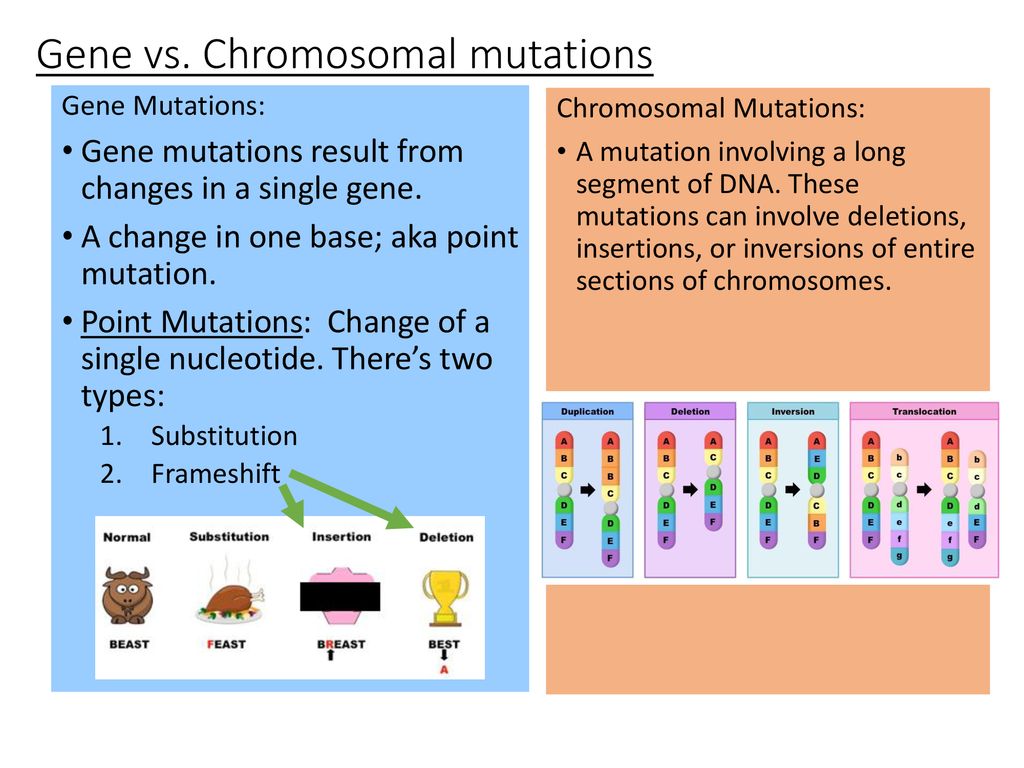
Mutation can be deleterious or neutral. The transformation that is detrimental to humans is deleterious while mutation which has no noticeable effects is neutral. The mutation may be unique (occurs only once or very very rare) or recurrent (occurs in each generation).
Causes of mutation
There are various mutagens (physical or chemical agents causing mutation) found in the environment that bring mutation in the organism. The main mutagen is high-energy radiation (received from cosmic rays atomic explosions or X-rays administered for medical purposes). The chemicals that cause mutations are mustard gas and formaldehyde.
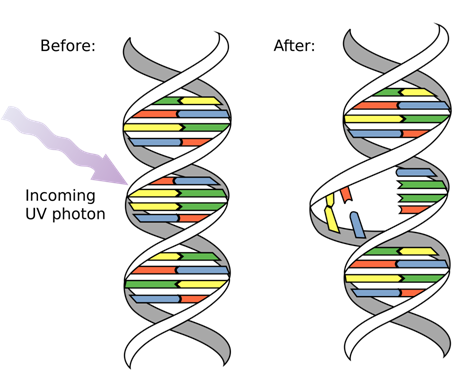
There is no minimum dose defined to cause a mutation. All living organisms are exposed to mutagens that occur in nature. The exact levels of mutagens required to produce mutations in humans are still not known. But mutation occurs in every population and every generation.
How can mutation lead to evolution?
Some mutation only affects the individual carrying the mutation. This mutation occurs in body cells (somatic cells). Mutations in body cells can only be passed on to new body cells. Such a mutation has no role in evolution. Body cell mutation cannot be passed on to the next generation. The only way for a mutation to bring changes in the gene pool is if it can be passed on to the next generation.
The mutation which presents on gametes is passed on to the offspring through sexual reproduction. A gamete is the sex cells (sperm and ovum) that carry genetic material from both the parents to their offspring. A mutant gene self-reproduces until it is interrupted by the next mutation.
This topic is explained from the perspective of physical anthropology. Further study is required to understand how exactly mutation works in evolution.
Also, read- Genetic drift (one of the processes for evolution).
References
Mutation—The Engine of Evolution: Studying Mutation and Its Role in the Evolution of Bacteria


